Embarking on a mystical journey through history and folklore, our exploration delves into the realm of enchantment as we unveil The List of the 14 Most Famous Real Life Wizards. Beyond the realms of fiction, these extraordinary individuals have left an indelible mark on the human imagination. From arcane wisdom to feats that challenge the boundaries of the possible, join us in uncovering the captivating stories of those who, in the eyes of many, transcended the ordinary and embraced the mantle of real-life wizards.
The List of the 14 Most Famous Real Life Wizards
14. Israel Regardie
1907 – 1985
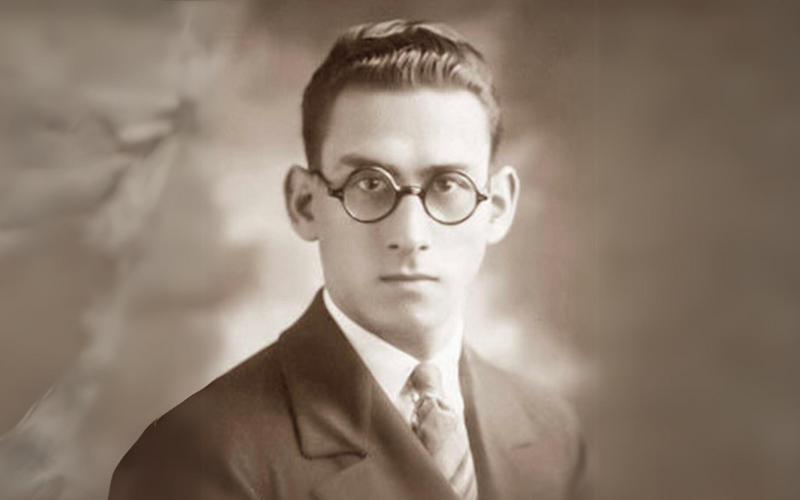
Israel Regardie was an influential American occultist, known for his significant contributions to the field of Western esotericism. Regardie studied under renowned occultist Aleister Crowley and later became Crowley’s personal secretary.
He is widely recognized for his work in making esoteric knowledge accessible to a broader audience. Regardie authored several influential books, including “The Tree of Life” and “The Golden Dawn.” His writings have had a lasting impact on the study and practice of ceremonial magic and the Western mystical tradition.
13. Gérard Encausse
1865 – 1916
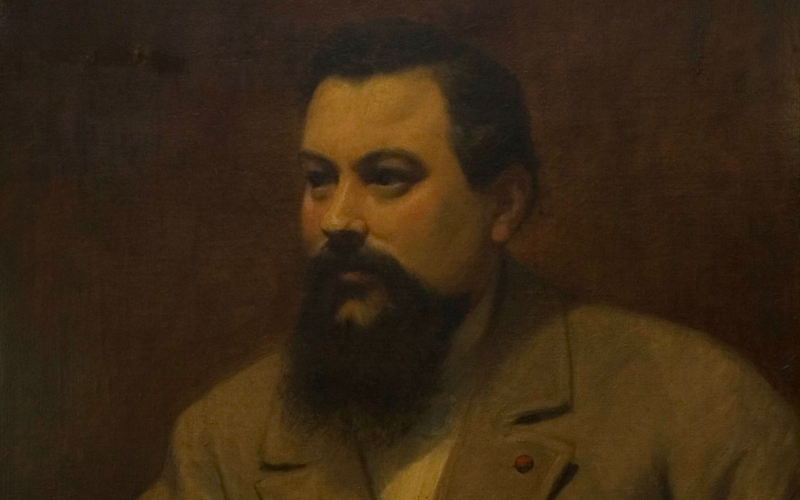
Gérard Encausse, known by his pseudonym Papus, was a French physician, occultist, and author prominent in the esoteric circles of the late 19th and early 20th centuries. A key figure in the French occult revival, Papus co-founded the Kabbalistic Order of the Rose-Croix and played a role in the revival of interest in Tarot and its esoteric applications.
His prolific writings covered a wide range of occult topics, including mysticism, astrology, and ceremonial magic. Papus’s contributions to the Hermetic and mystical traditions left a lasting impact on the occult community.
12. Theophrastus von Hohenheim
1493 – 1541
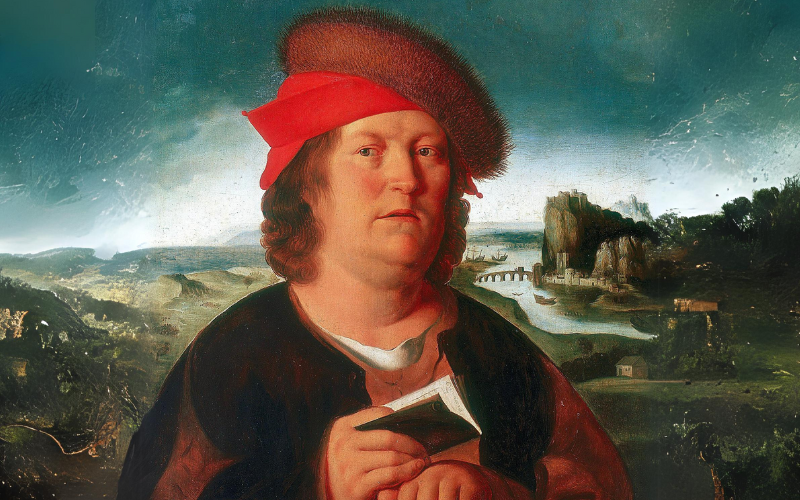
Theophrastus von Hohenheim, commonly known as Paracelsus, was a Swiss-German physician, alchemist, and philosopher of the Renaissance era. Often regarded as a groundbreaking figure in the history of medicine, Paracelsus challenged traditional medical practices and emphasized the importance of observation and experimentation.
He integrated alchemical principles into his medical theories and contributed significantly to the understanding of the human body’s relationship with nature. Paracelsus’s holistic approach and innovative ideas laid the groundwork for the development of modern medicine and had a lasting influence on the fields of alchemy, chemistry, and medicine.
11. Cora L. V. Scott
1840 – 1923
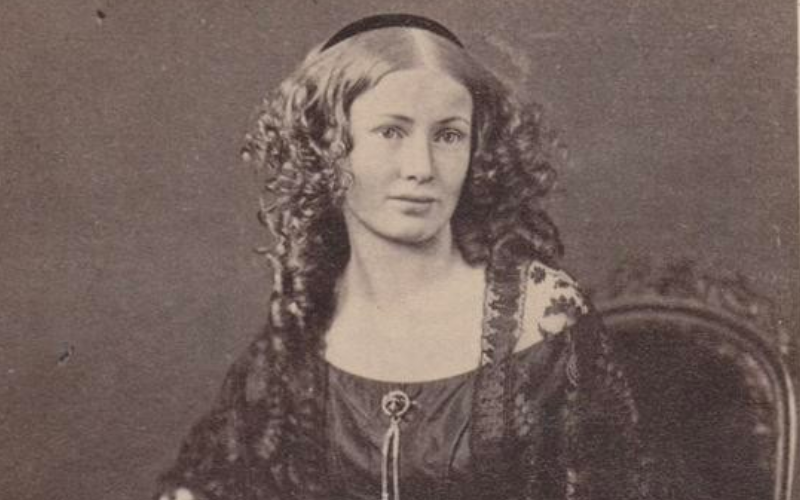
Cora L. V. Scott was a prominent American spiritualist, medium, and lecturer during the 19th century. Renowned for her psychic abilities, Scott gained widespread recognition for her role in the spiritualist movement, offering séances and delivering messages from the spirit world.
As a lecturer, she toured extensively, advocating for spiritualism and exploring the boundaries between the material and spiritual realms. Cora L. V. Scott’s influence in the spiritualist community made her a notable figure of her time, contributing to the public’s fascination with the exploration of the supernatural and communication with the afterlife.
Read More Fun Facts
Learn more fun facts with Trivia Mastermind content.
10. Hayyim Samuel Jacob Falk
1708 – 1782
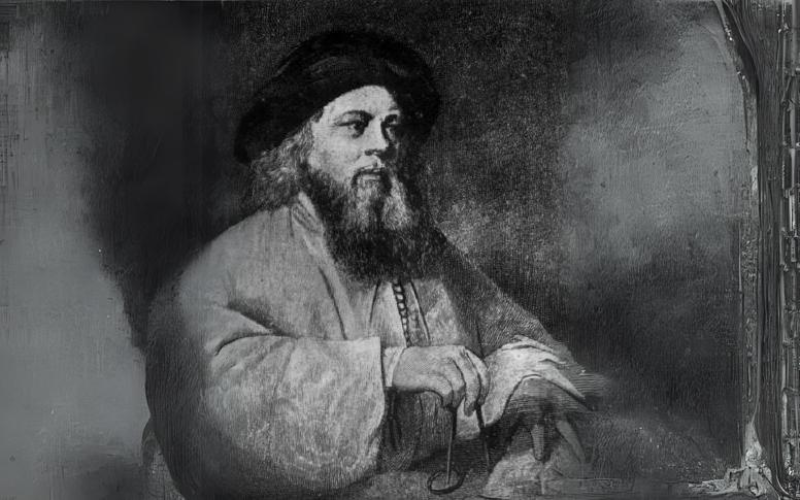
Referred to as the Baal Shem of London, Falk was a enigmatic rabbi with an uncertain origin, hailing from either Bavaria or Podolia in modern-day Ukraine. His life took a dramatic turn in Westphalia, Germany, where he narrowly escaped a burning at the stake, finding refuge under a German count before eventually settling in London.
Falk was a practitioner of diverse mystical arts, engaging in alchemy and practical Kabbalah. He became renowned for his frequent demonstrations of magical prowess, leading to the creation of numerous legends surrounding his abilities. Stories circulated that he could uncover underground gold, sustain candle flames for an improbable duration, and extinguish a synagogue fire simply by inscribing Hebrew on the door.
9. Abe no Seimei
921 – 1005
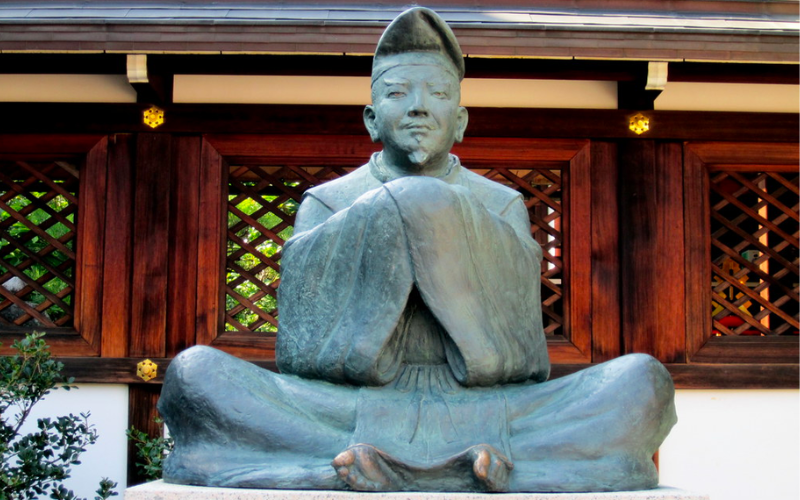
Occasionally likened to the Japanese counterpart of Merlin, Abe no Seimei served as an Onmyōji, a spiritual diviner, offering counsel to emperors during the Heian period. Beyond advising on spiritual affairs, Seimei was adept at conducting exorcisms, repelling malevolent spirits, and displaying a reputed talent for locating misplaced items.
Similar to many Onmyōji, Seimei engaged in divination to foresee the future. Following his passing, numerous folk tales emerged, with some suggesting he possessed a lineage tied to kitsune or fox spirits through his mother. It sparks curiosity whether Seimei envisioned the extent of the remarkable reputation he would eventually attain.
8. Dion Fortune
1890 – 1946
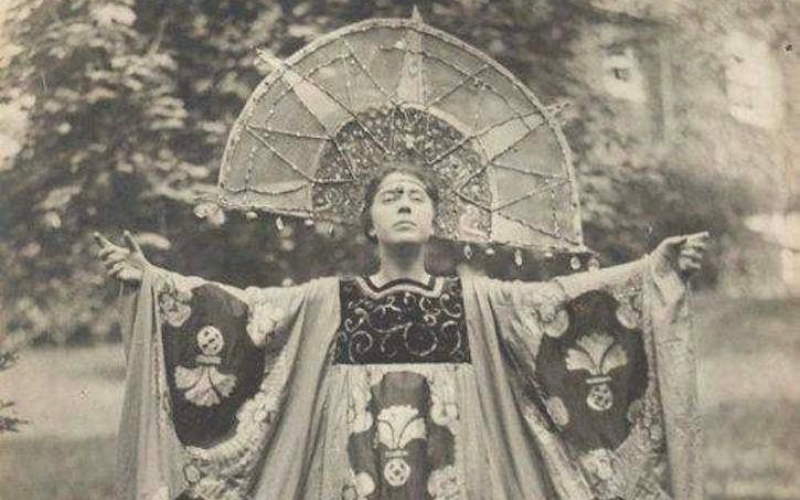
A British occultist in the early 20th century, Dion Fortune emerged as a leading female practitioner of magic during her time. Born as Violet Firth, she actively participated in various spiritual groups, including Alpha et Omega, an affiliate of the Hermetic Order of the Golden Dawn. Additionally, she co-established her own organization, the Fraternity of the Inner Light, which endures to this day.
Fortune, a prolific writer, seamlessly integrated her unique perspectives on occultism into both her fiction and non-fiction works. Despite being a practicing medium, she asserted that her communications were not with departed spirits but with enlightened masters who had transcended to a higher state of being.
7. Heinrich Cornelius Agrippa von Nettesheim
1486 – 1535
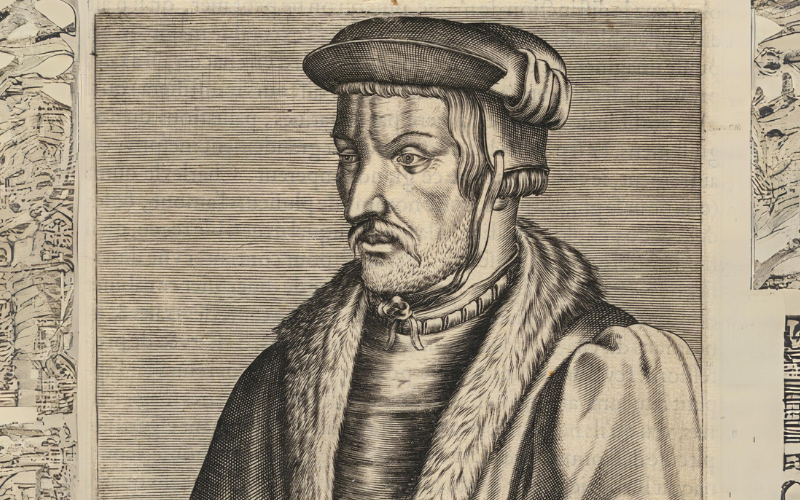
A true polymath of the Renaissance era, Heinrich Cornelius Agrippa showcased a diverse array of talents, with his expertise extending into occult research. Renowned as a German polymath, Agrippa gained prominence for his written works on the occult, notably the three volumes of occult philosophy. These volumes encompass insights into various magical disciplines, including alchemy, scrying, and the classical elements.
Agrippa also devised a celestial alphabet purportedly enabling communication with angels. Despite encountering conflicts with the church, he managed to evade formal persecution. Toward the conclusion of his life, Agrippa seemingly reconsidered some of his earlier writings, cautioning against deceitful practices.
Play Trivia!
Challenge yourself and play trivia questions with answers and explanations.
6. John Dee
1527 – 1608
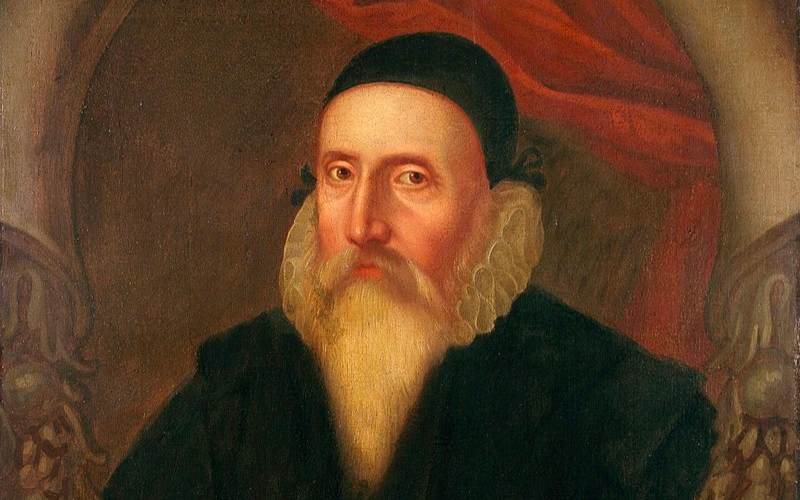
Yet another Renaissance polymath, John Dee, distinguished himself as a British scholar delving into the realms of both science and magic. Serving as an advisor to Queen Elizabeth I, Dee assumed the role of the court astronomer. However, his scholarly pursuits extended beyond astronomy to encompass alchemy and divination.
Following his tenure with the queen, Dee embarked on a European journey alongside the renowned occultist Edward Kelly. Collaboratively, they formulated the Enochian language, a purported celestial tongue of the angels. Despite their magical performances for royalty across Europe, Dee’s primary focus on communicating with angelic entities ultimately drew him back to England, where he eventually passed away in impoverished circumstances.
5. Gerald Gardner
1884 – 1964
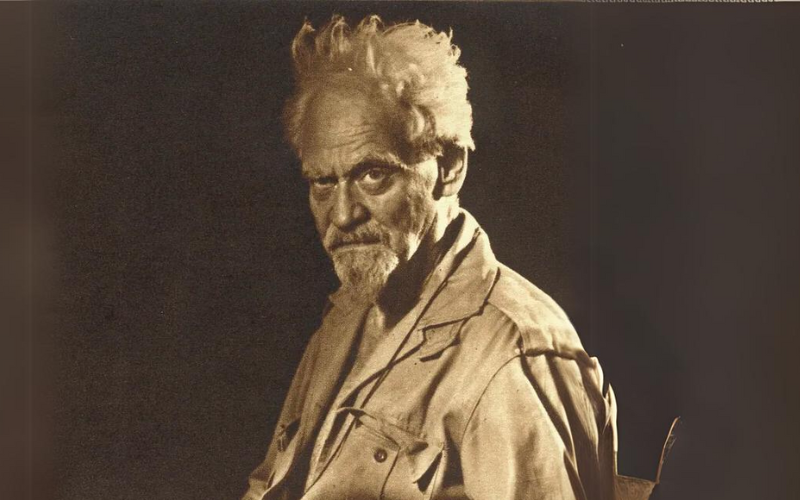
Chances are you’re familiar with the influential work of this pioneering Wiccan, Gerald Gardner—particularly his renowned creation, The Book of Shadows. A former English civil servant, Gardner discovered a new calling post-retirement, propagating a version of the pagan faith that he asserted originated from the clandestine and enigmatic New Forest Coven. While crafting his spell book, The Book of Shadows, he drew inspiration from various sources, including other cultists like Aleister Crowley and the rituals of Freemasonry.
Gardner not only established the Brickett Wood Coven but also authored several other books on witchcraft, contributing to the dissemination of his beliefs throughout the English-speaking world. Magic proved transformative for Gerald, offering him a vision of a novel religious paradigm and compelling him to challenge the limits of what was deemed possible.
4. Éliphas Lévi
1810 – 1875
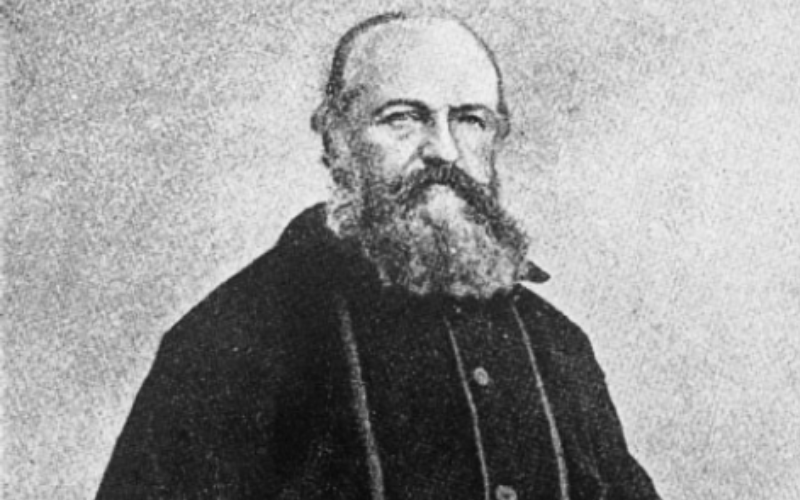
Éliphas Lévi, a notable French occultist, philosopher, socialist, and pan-humanist, embarked on a diverse intellectual journey. Initially training as a Catholic priest in his youth, he later diverged from the priesthood, channeling his energy into advocating for revolutionary social change. Transitioning to his middle years, Lévi delved into ceremonial magic, becoming a prolific writer on the subject with a particular emphasis on the intricacies of tarot.
What set him apart was his status as an independent thinker, distancing himself from prevailing notions like spiritualism and reincarnation while maintaining a connection to Catholic teachings. This departure from the norm contributed significantly to his popularity and influence in his era.
Read More Fun Facts
Learn more fun facts with Trivia Mastermind content.
3. Helena Blavatsky
1831 – 1891
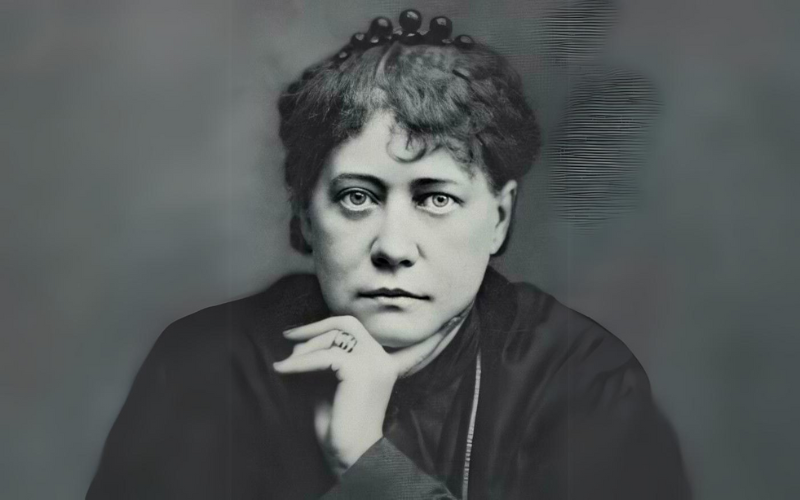
A figure surrounded by controversy, Helena Blavatsky was a Russian spiritualist and the originator of the esoteric religion known as theosophy. Having traversed various regions, Blavatsky initially gained recognition in the United States as a spirit medium. She asserted the ability to communicate with elementals residing in the psychic remnants of the departed.
Blavatsky’s presentations of occult phenomena elicited both enthusiasm and accusations of deception. Throughout her lifetime, she authored numerous books expounding her theosophical perspective, synthesizing occult tenets with ancient wisdom from both Western and Eastern traditions. Her teachings wielded considerable influence, particularly within the New Age movement.
2. Grigori Rasputin
1869 – 1916
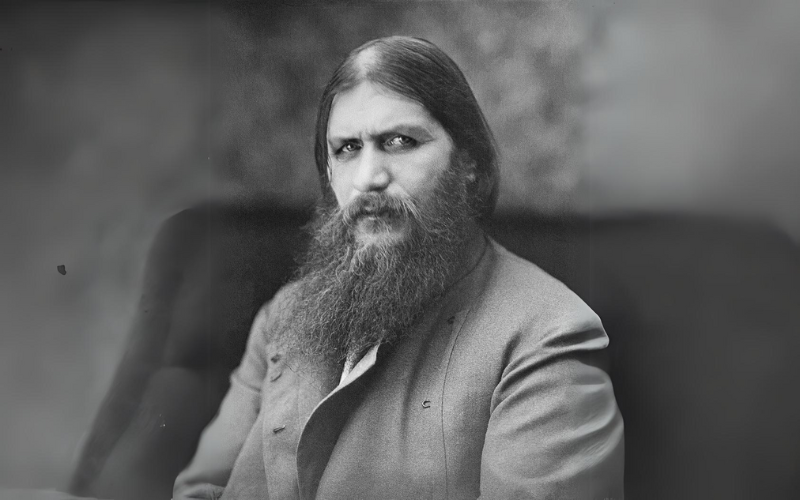
Renowned or notorious for his association with the last Russian royal family, the mystic and faith healer Gregory Rasputin gained significant prominence. His purported ability to heal the Romanov Royal heir, Alexei Nikolaevich, from hemophilia granted him immense influence. Rasputin was also credited with the ability to hypnotize individuals.
The most remarkable tales, however, revolve around his death. Despite multiple alleged poisonings and gunshot wounds that failed to prove fatal, Rasputin eventually succumbed to further gunshots. The perplexing resilience in the face of various attempts on his life adds a supernatural element to the story. Whether Rasputin was a misunderstood peasant or a diabolical figure remains a subject of uncertainty.
1. Aleister Crowley
1875 – 1947
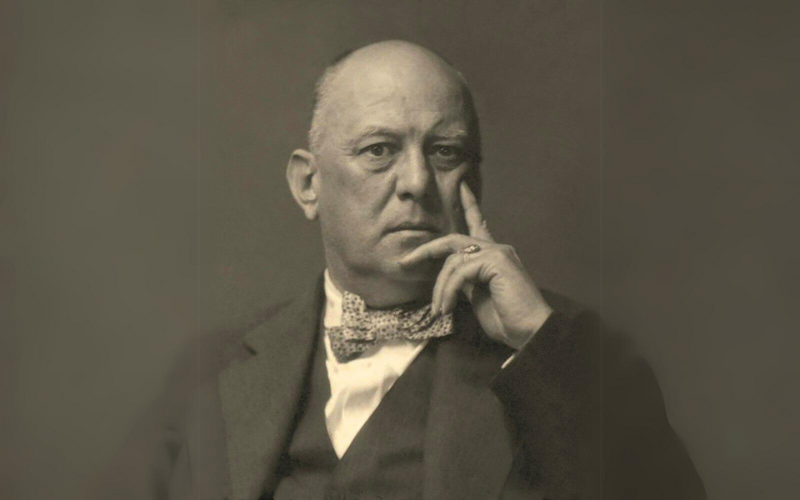
A quintessential figure in modern occultism, Crowley drew inspiration from predecessors while leaving a lasting impact on subsequent generations. After joining The Hermetic Order of the Golden Dawn, this English occultist went on to establish his own religious movement, Thelema. Proclaiming himself the prophet of a new age, he advocated the maxim “Do what thou wilt shall be the whole of the Law.”
As a prolific writer, Crowley authored numerous books and essays that delved into rituals and “magick” (spelled with a ck), encompassing various forms of ceremonial practices, including those related to intimate connections. His writings spanned topics such as banishing and summoning spirits, astral projection, and divination. Crowley’s extensive body of work, coupled with attempts by opponents to demonize him, has ensured enduring fame and continued scholarly examination.
Conclusion
As our enchanting journey through the annals of history and mysticism draws to a close, we find ourselves immersed in the captivating narratives of The List of the 14 Most Famous Real Life Wizards. These remarkable individuals, whose lives span across centuries and cultures, have woven a tapestry of magic and wonder that continues to captivate our collective imagination. From ancient sages to more recent occultists, each wizard on this list has left an enduring legacy, challenging perceptions and beckoning us to explore the mysterious realms of human potential. As we conclude this exploration, we are reminded that the allure of magic, in its various forms, persists as a testament to the enduring fascination with the extraordinary in the midst of the ordinary.
Read More Fun Facts
Learn more fun facts with Trivia Mastermind content.
Play Trivia!
Challenge yourself and play trivia questions with answers and explanations.
Recent Posts
Science Trivia - Astronomy ...
Step into a realm of nostalgia as we embark on a journey through the annals of pop culture and bid farewell to 35 recently obsolete technologies. In the ever-evolving landscape of innovation, certain...


